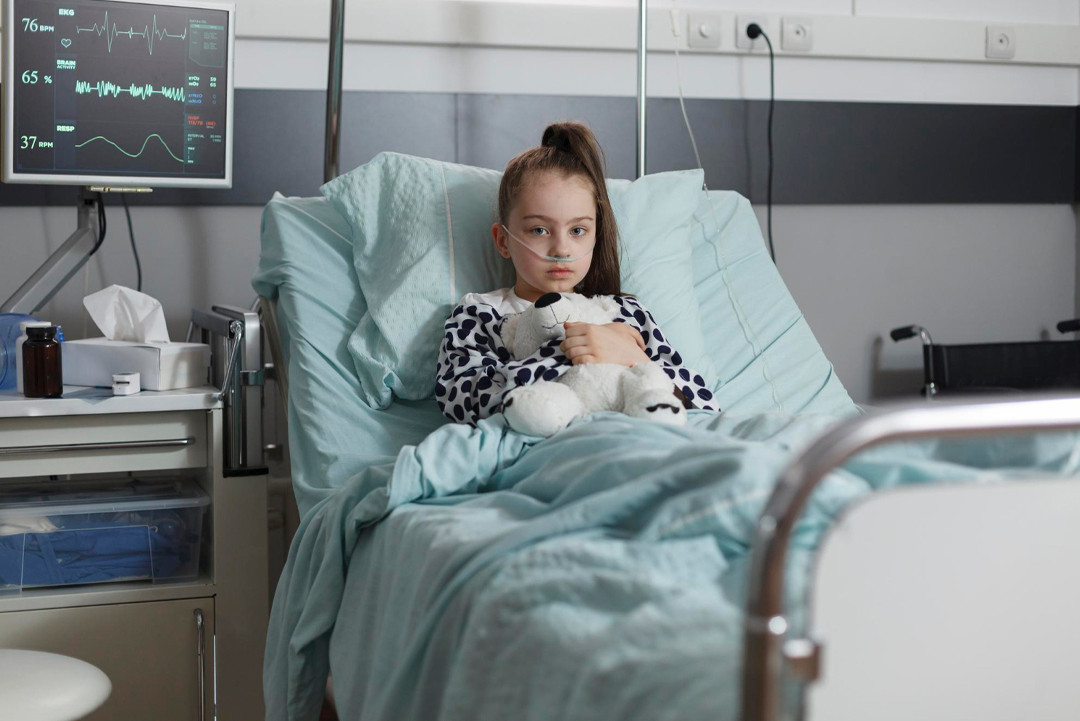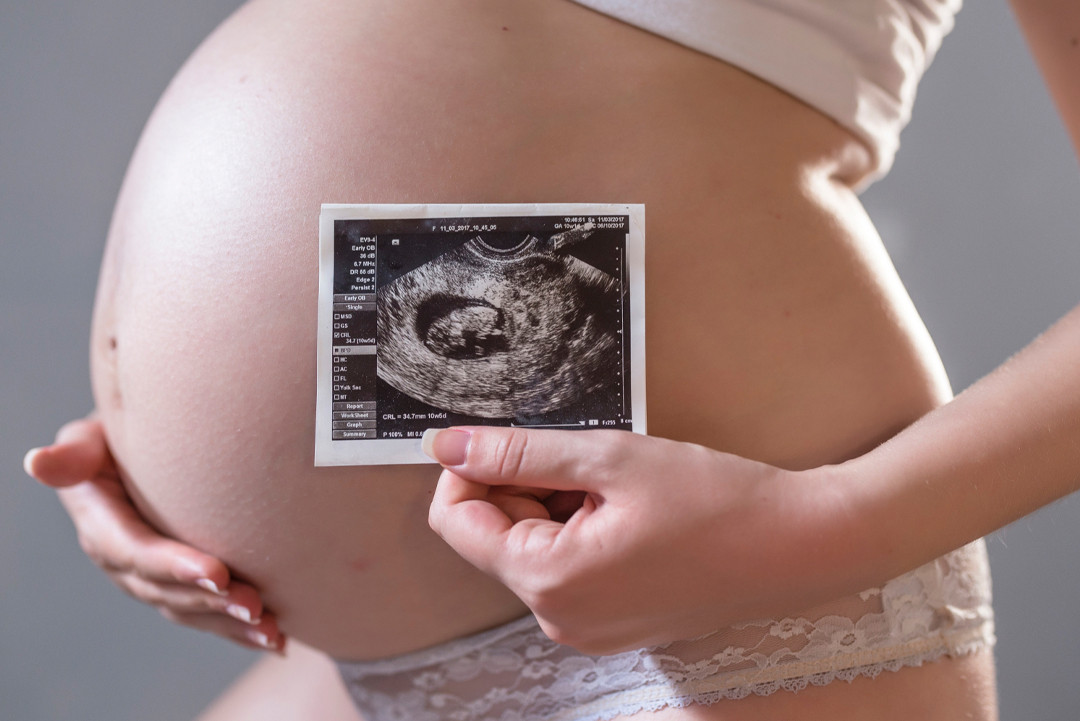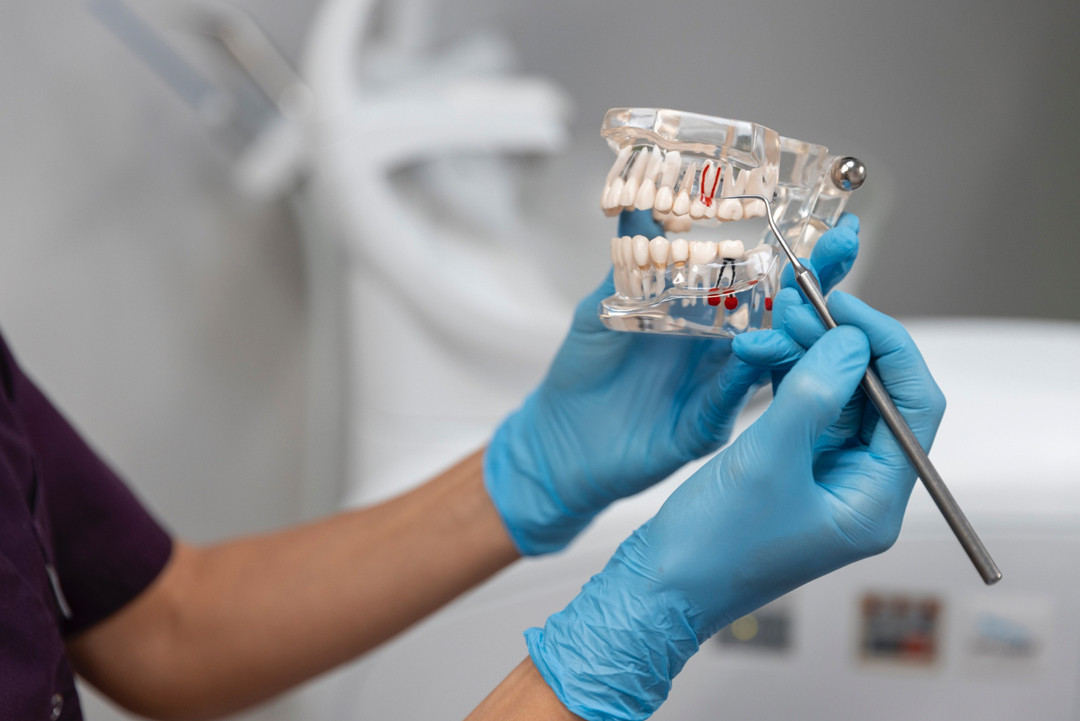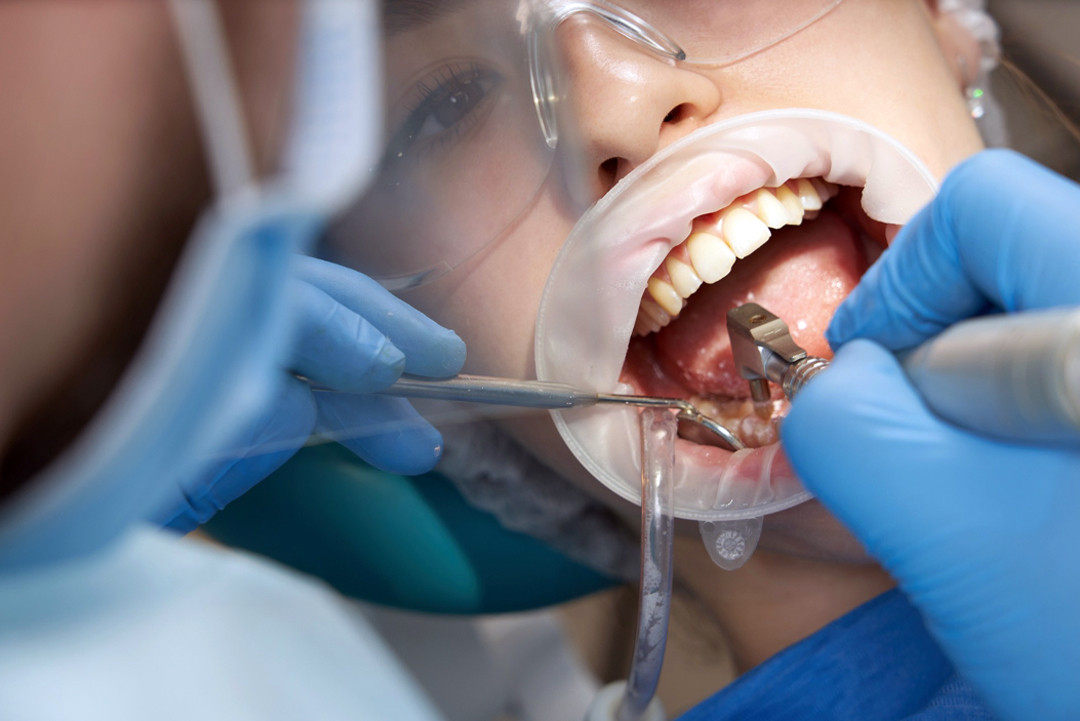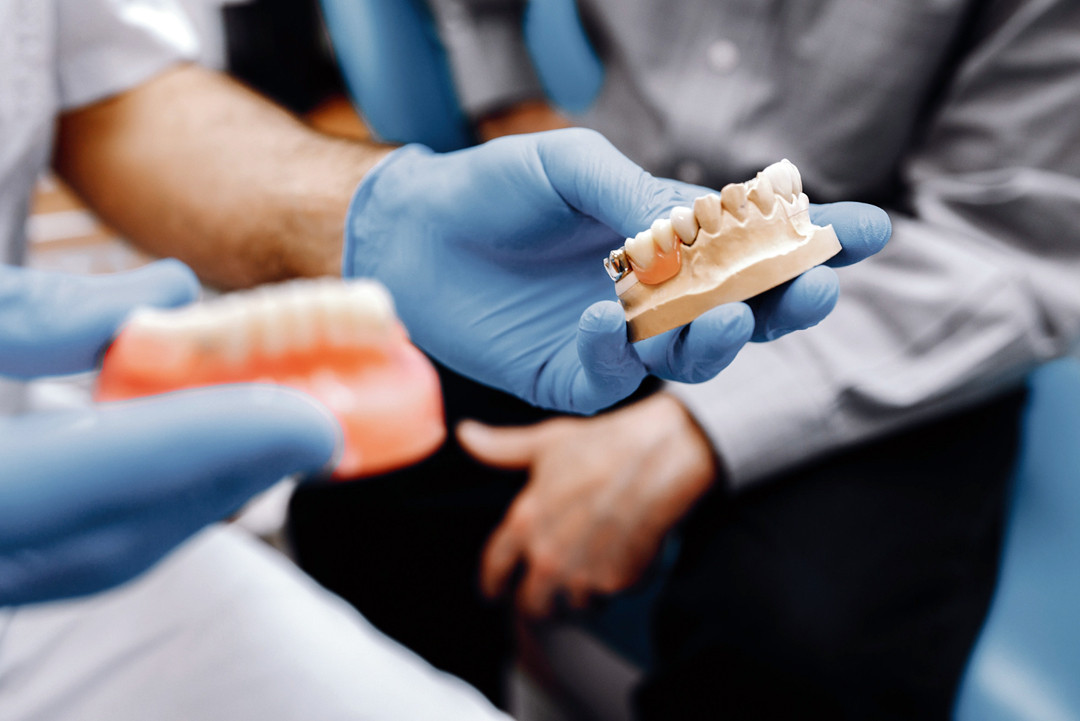What is a Pediatric Intensive Care Unit (PICU)?
The Pediatric Intensive Care Unit (PICU) is a specialized medical facility for children requiring close monitoring and advanced care for severe medical conditions. It is staffed by pediatric intensivists, specialized nurses, and support staff trained to handle critical medical needs, using state-of-the-art equipment like ventilators and continuous monitoring devices.
Purpose of the PICU
Children are admitted to the PICU for:
- Urgent medical treatment.
- Intensive monitoring unavailable in regular hospital wards.
- Post-surgical recovery from complex procedures.
- Critical conditions requiring life-support technologies.
Conditions Treated in the PICU
- Respiratory and Cardiac Issues
- Respiratory failure, severe asthma, or pneumonia.
- Cardiac failure, arrhythmias, or shock.
- Neurological Conditions
- Seizures, traumatic brain injuries, or meningitis.
- Conditions requiring intracranial pressure monitoring.
- Gastrointestinal and Renal Disorders
- Necrotizing enterocolitis or severe liver failure.
- Acute kidney injury requiring continuous renal replacement therapy (CRRT).
- Oncological and Hematological Emergencies
- Tumor lysis syndrome or complications of cancer.
- Bleeding disorders or sickle cell crises.
- Infections and Multi-Organ Failure
- Severe sepsis or septic shock.
- Life-threatening infections or multi-organ dysfunction.
Procedures and Interventions in the PICU
- Intravenous Catheters (IVs)
- Administer medications and fluids directly into veins.
- Central lines for larger fluid volumes or critical drugs.
- Central Venous Catheterization (CVC)
- Used for direct access to major veins for long-term medication delivery.
- Arterial Lines
- Inserted into arteries to continuously monitor blood pressure and blood gas levels.
- Bronchoscopy
- Examination and treatment of airway conditions using a camera-equipped bronchoscope.
- Extracorporeal Membrane Oxygenation (ECMO)
- Life-support for severe respiratory or cardiac failure, oxygenating blood outside the body.
- Tracheostomy
- Surgical airway opening for long-term ventilation support.
- Monitors and Ventilators
- Continuous monitoring of vital signs, including heart rate and oxygen saturation.
- Mechanical ventilators for breathing support.
- Medications and Nutritional Support
- Critical drugs like epinephrine, morphine, and dopamine.
- Enteral and parenteral nutrition to sustain energy and recovery.
Thoughts for Parents in the PICU
- Provide Emotional Support
- Your presence reassures your child. Emotional and moral support is crucial for recovery.
- Self-Care for Parents
- Balance your time between the hospital and home. Rest and rejuvenation are vital to being there for your child when needed.
- Understand the Care Transition
- Transfer from the PICU to a regular unit signals significant recovery progress. It indicates reduced dependency on intensive monitoring and therapies.
Key Takeaways
- The PICU provides life-saving interventions and close monitoring.
- A team of specialists uses advanced technologies and therapies to improve outcomes.
- Parental support is vital, but maintaining your well-being is equally important.
Access the best care for your child by exploring facilities offering world-class PICU services. Plan your treatment now!

